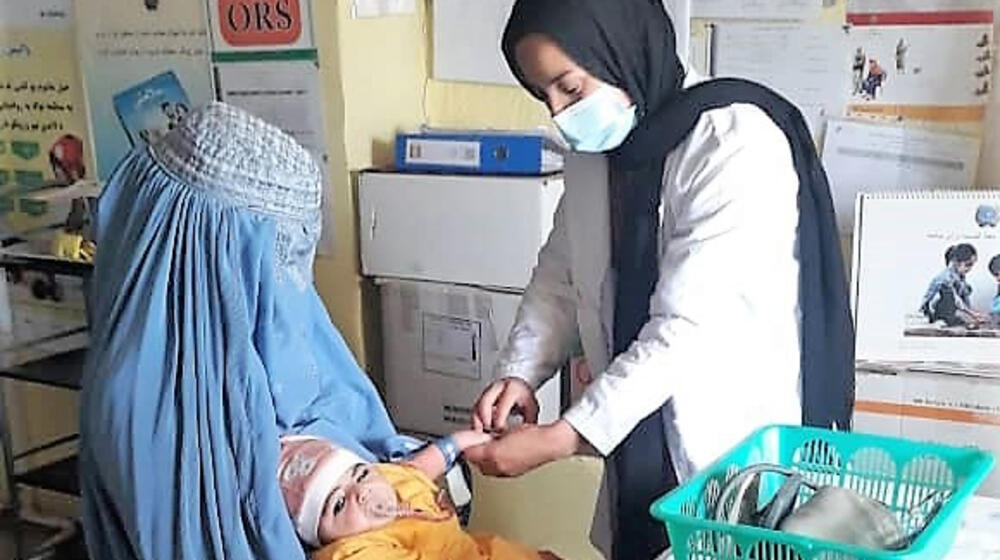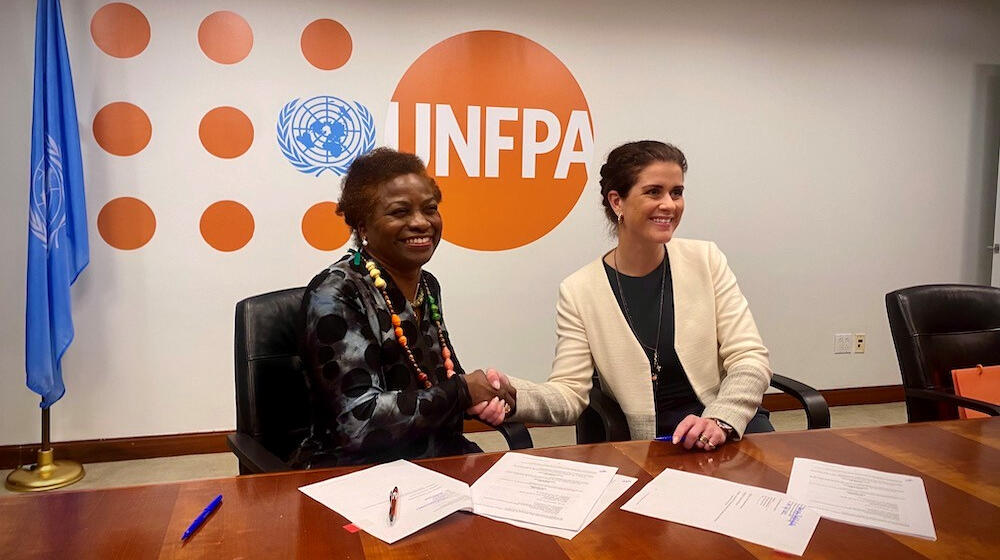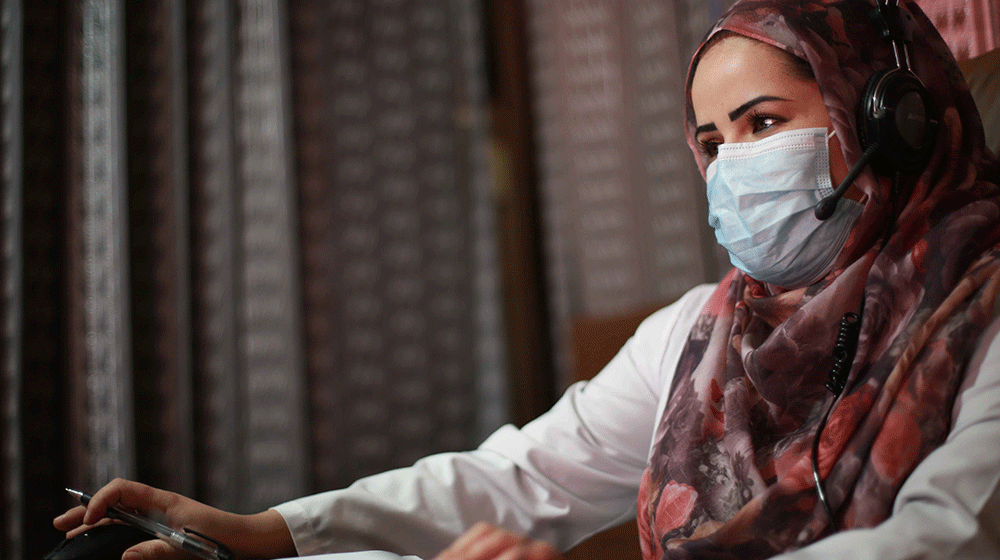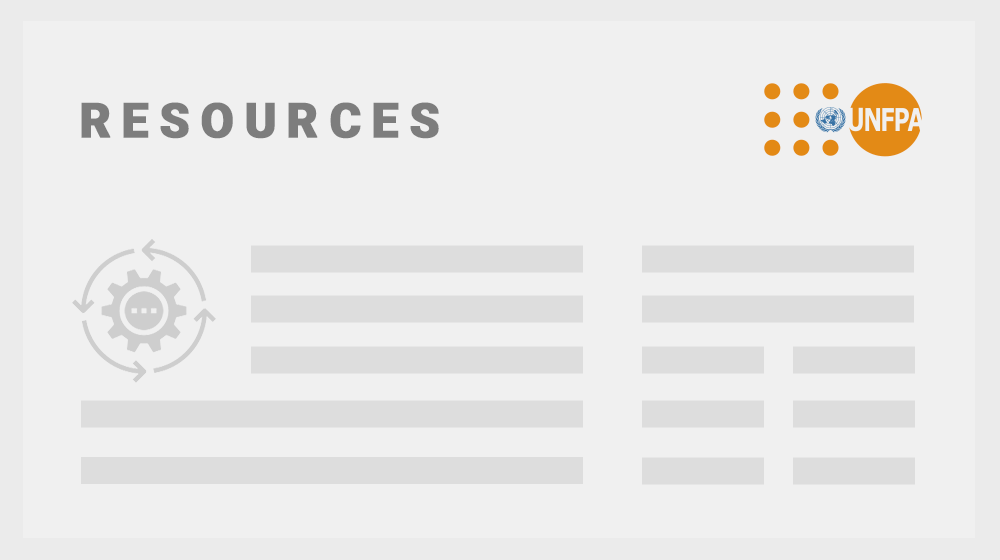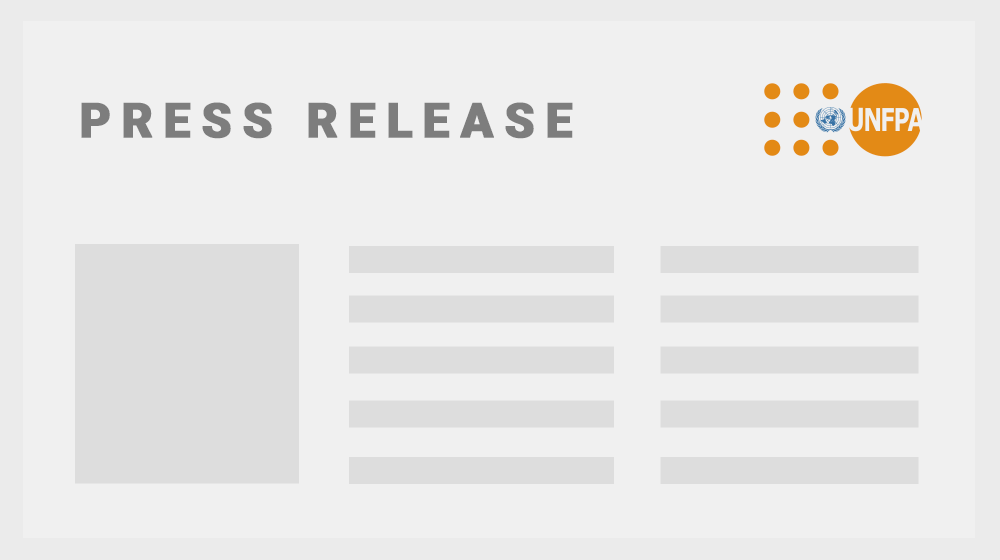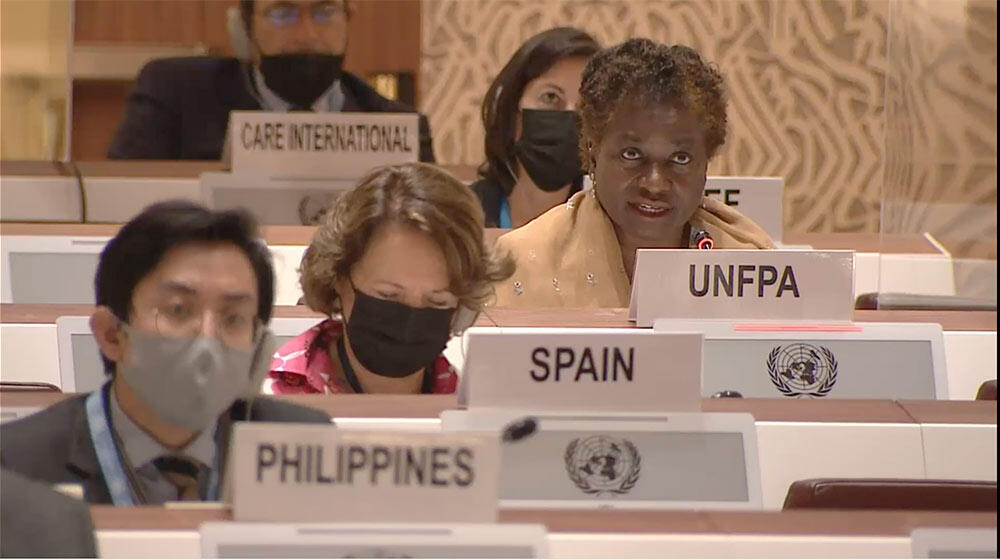Afghanistan
Afghanistan is experiencing an ongoing humanitarian crisis, with the residual impacts of a protracted conflict, rapid economic decline, pervasive and enduring poverty, and climate shocks driving crisis levels of food insecurity and unprecedented hunger.
In 2024, 23.7 million people – more than half of Afghanistan’s population – require humanitarian assistance for their protection and survival. The crisis is felt most deeply by women and girls, who have experienced a crackdown on their rights since 2021, reversing years of progress.
Millions of women in Afghanistan have little or no access to health care, and the country remains one of the most dangerous places in the world to give birth. One woman dies every two hours during pregnancy, childbirth or its aftermath from causes that are largely preventable with access to skilled care. The estimated 20,000 women who give birth each month in hard-to-reach areas of the country face particular challenges reaching hospitals or health facilities. Vital protection services for women and girls who are at risk of gender-based violence or have been subjected to it are also limited.
UNFPA’s work in Afghanistan focuses on providing life-saving reproductive health services and psychosocial support to women, by women, through more than 900 facilities in all 34 provinces of the country. Working with national partners, UNFPA has established more than 477 Family Health Houses, staffed by community midwives, that support safe births in some of the most remote areas of Afghanistan. Mobile health teams are working in 32 of the 34 provinces, screening mothers, pregnant women and children for malnutrition and providing maternal and child health care. Psychosocial Counseling Centres, located in provincial and district-level government hospitals, provide free, confidential health and psychosocial counseling services for women and girls.
Updated on 3 September 2024
